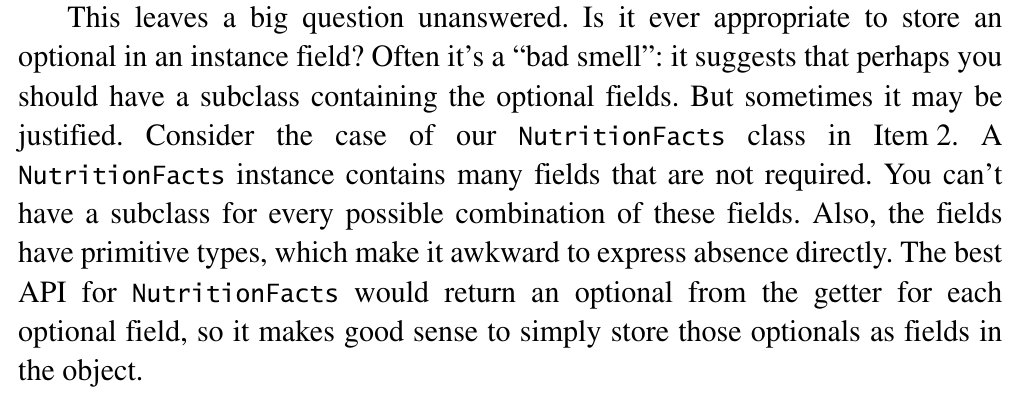
Do you dream of "value types" in Java? So do I! Hence I was thrilled to see that Project Valhalla is slowly coming out of exploration with two draft JEPs.
Here's what they currently propose. 🧵👇🏾
(If you prefer video: https:/www.youtube.com/watch?v=WBvTilbh8S0&t=344s)
1/10
Here's what they currently propose. 🧵👇🏾
(If you prefer video: https:/www.youtube.com/watch?v=WBvTilbh8S0&t=344s)
1/10
First, why value types? To bridge the divide between
* primitives (fast, no memory overhead) and
* reference types (abstraction, safety, identity)
As is, we sometimes have to choose between performance and design. And we often choose wrongly.
2/10
* primitives (fast, no memory overhead) and
* reference types (abstraction, safety, identity)
As is, we sometimes have to choose between performance and design. And we often choose wrongly.
2/10
Draft JEP openjdk.java.net/jeps/8251554 proposes new terminology and JVM rules:
1. Interface `IdentityObject` (the boring part):
* for reference types
* called "identity classes"
* instances are "identity objects"
For identity classes / reference types everything stays as is.
3/10
1. Interface `IdentityObject` (the boring part):
* for reference types
* called "identity classes"
* instances are "identity objects"
For identity classes / reference types everything stays as is.
3/10
2. Interface `PrimitiveObject` (the exciting part):
* for a new kind of type
* called "primitive classes"
* instances are "primitive objects"
"JVMs may freely duplicate and re-encode them in an effort to improve computation time, memory footprint, and garbage collection"
4/10
* for a new kind of type
* called "primitive classes"
* instances are "primitive objects"
"JVMs may freely duplicate and re-encode them in an effort to improve computation time, memory footprint, and garbage collection"
4/10
Primitive classes want to make good on Valhalla's promise:
"Codes like a class, works like an int."
See strawman code attached. Details:
* class and fields are implicitly final
* no circular dependency on itself
* no synchronized methods
* more in the JEP
5/10
"Codes like a class, works like an int."
See strawman code attached. Details:
* class and fields are implicitly final
* no circular dependency on itself
* no synchronized methods
* more in the JEP
5/10

A bit more terminology on primitive classes:
* `Point p` is a "primitive value"
* `Point.ref p` is a "primitive reference"
Primitive values will be like today's primitives (no `null`, no memory indirection/overhead), primitive references like their wrapper types.
6/10
* `Point p` is a "primitive value"
* `Point.ref p` is a "primitive reference"
Primitive values will be like today's primitives (no `null`, no memory indirection/overhead), primitive references like their wrapper types.
6/10

But this doesn't cleanly map to today's situation because if `Integer` were a primitive class, `Integer i` would be a non-nullable primitive value and `Integer.ref i` the primitive reference. To fix that mismatch, the JEP proposes "reference-favoring primitive classes"…
7/10
7/10
… A primitive class can be declared as "reference-favoring". If that were the case for `Point`:
* `Point.val p` is a primitive value
* `Point p` is a primitive reference
Compared to earlier, it's flipped - now references are the default and values need special syntax.
8/10
* `Point.val p` is a primitive value
* `Point p` is a primitive reference
Compared to earlier, it's flipped - now references are the default and values need special syntax.
8/10

Got all that? Great! 👍🏾 Because the 2nd draft JEP openjdk.java.net/jeps/8259731 proposes to put it into practice on today's primitives:
1. Turn wrapper classes into reference-favoring primitive classes.
2. Treat primitive type keywords as aliases for their primitive value types.
9/10
1. Turn wrapper classes into reference-favoring primitive classes.
2. Treat primitive type keywords as aliases for their primitive value types.
9/10

That's it for those two draft JEPs. Hope you're as excited as I am, but keep in mind that everything can still change.
FAQ:
* What about generics? ~> A separate draft JEP is coming up.
* When will this be released? ~> Your guess is as good as mine, which is "not 2021".
10/10
FAQ:
* What about generics? ~> A separate draft JEP is coming up.
* When will this be released? ~> Your guess is as good as mine, which is "not 2021".
10/10
• • •
Missing some Tweet in this thread? You can try to
force a refresh








